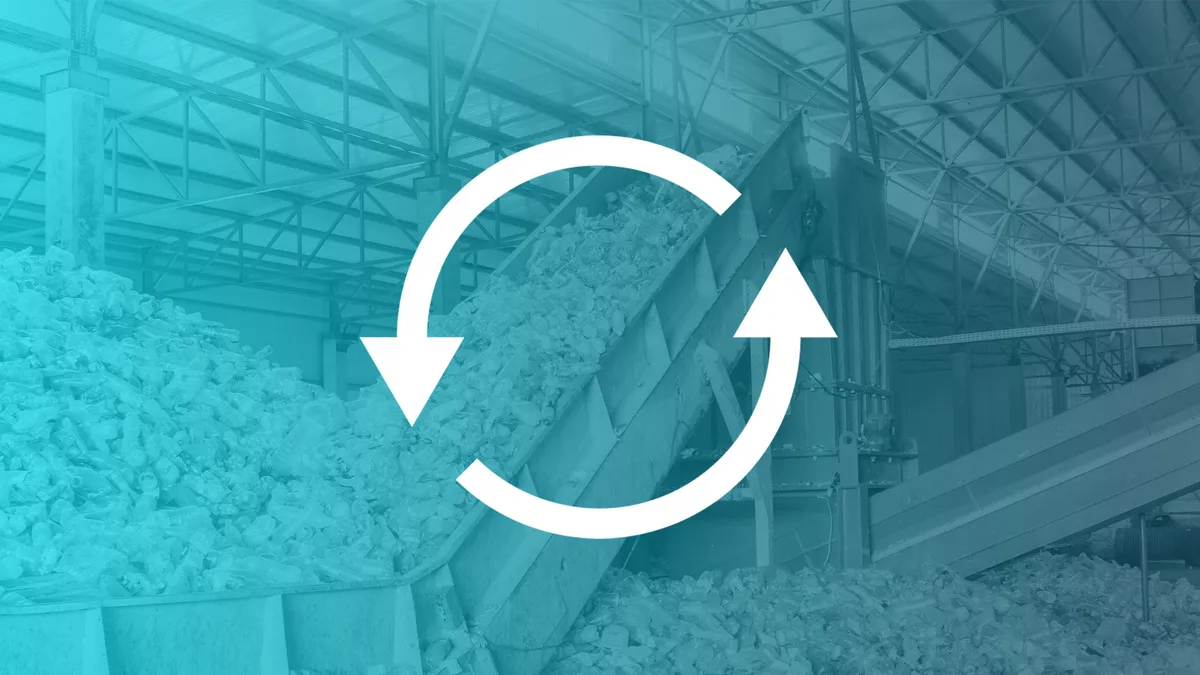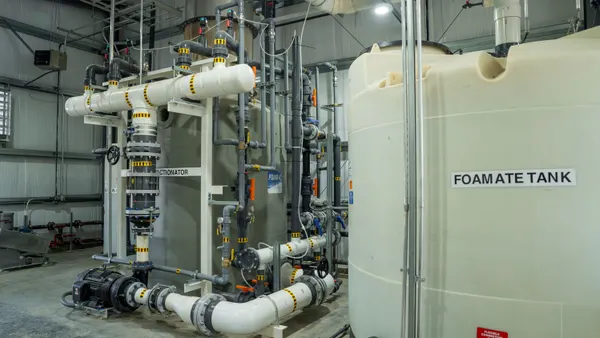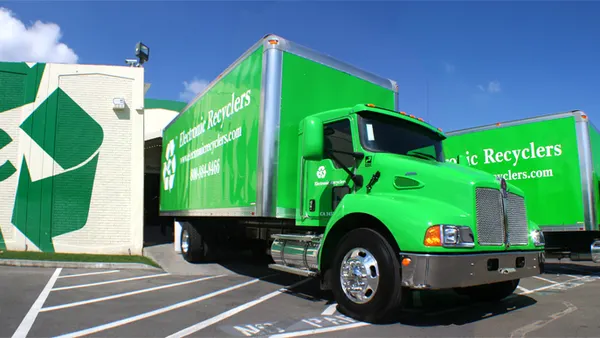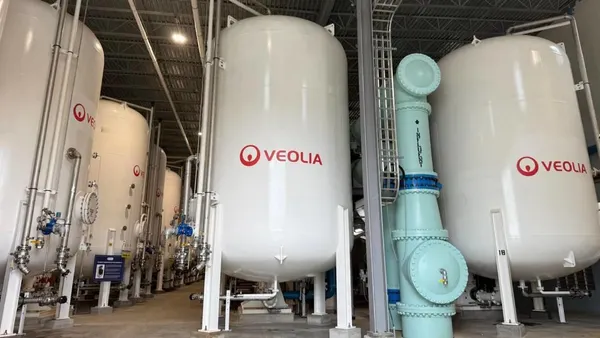After pandemic-related slowdowns, numerous participating companies and municipalities piloting an emerging sustainability standard for the solid waste industry are about halfway through their process, according to Sam Yeoman, sustainability program manager for standards organization SWEEP, which stands for Solid Waste Environmental Excellence Performance.
First launched in 2016, SWEEP has been working to develop, test and promulgate a collection of certification programs with different levels of rigor based on a range of sustainable materials management metrics and best practices. The organization likens itself to the LEED certification for green buildings.
SWEEP’s list of pilot participants includes companies such as WM and cities such as Lincoln, Nebraska; El Paso, Texas; and Spokane, Washington. SWEEP remains open to adding members and pilot participants. “The more people that we have going through the certification process, the more lessons we're going to learn,” Yeoman said.
Participants are in the process of working through certification questions, collecting data and uploading it for verification. Through that back and forth, SWEEP has sought feedback to improve the functionality of its platform. SWEEP has also had time to build out infrastructure like a manual with requirements, case studies and strategies associated with each credit.
The biggest challenge for pilot participants thus far has been the time-intensive nature of the process, Yeoman said. Because it’s designed as a work-at-your-own-pace certification, it’s hard for SWEEP to advise operators on how long it will take to get certified. “What we tell them is that we don't know and it's really based on two things: It's based on their bandwidth and how much data they've already collected,” he said.
For many operators, other priorities during the COVID-19 pandemic interrupted progress, Yeoman said. Staff turnover in the last couple of years has also slowed the process. On the flip side, as sustainability reports become more common, operators who have already gathered that type of data will likely be able to move through things more quickly, he suggested.
According to Salvatore Evola, who serves as director of environmental and regulatory affairs for pilot participant Mt. Diablo Resource Recovery in Concord, California, simply working through the pilot and responding to questions has already been beneficial in illuminating low-hanging fruit the company can target to lower its emissions. One example is implementing strict idling time requirements on its fleet, Evola said.
“Sometimes we’re so focused on our jurisdictions and how we’ve done things,” Evola said, but working with the team at SWEEP also gives MDRR some regional and national perspective or insight into management best practices in other states.
Evola also thinks that MDRR’s participation as a smaller waste company compared with WM, for example, proves that SWEEP is for a wide range of operators. While the program is an investment of time and money, Evola said MDRR is interested in getting to the highest level of certification it can achieve across fleet, collection and procurement to stand out in the industry and to align with the sustainability aspirations it already had.
As for when SWEEP will graduate from its pilot phase, Yeoman said it depends, in part, on whether any substantive changes need to be made based on pilot participants’ experience with the process — and whether those changes would require signoff from a National Consensus Committee, a group that approves the standard’s content. The best estimate and goal for now, he said, is that at least one of the SWEEP standards could be ready for public release in mid- to late 2023.











